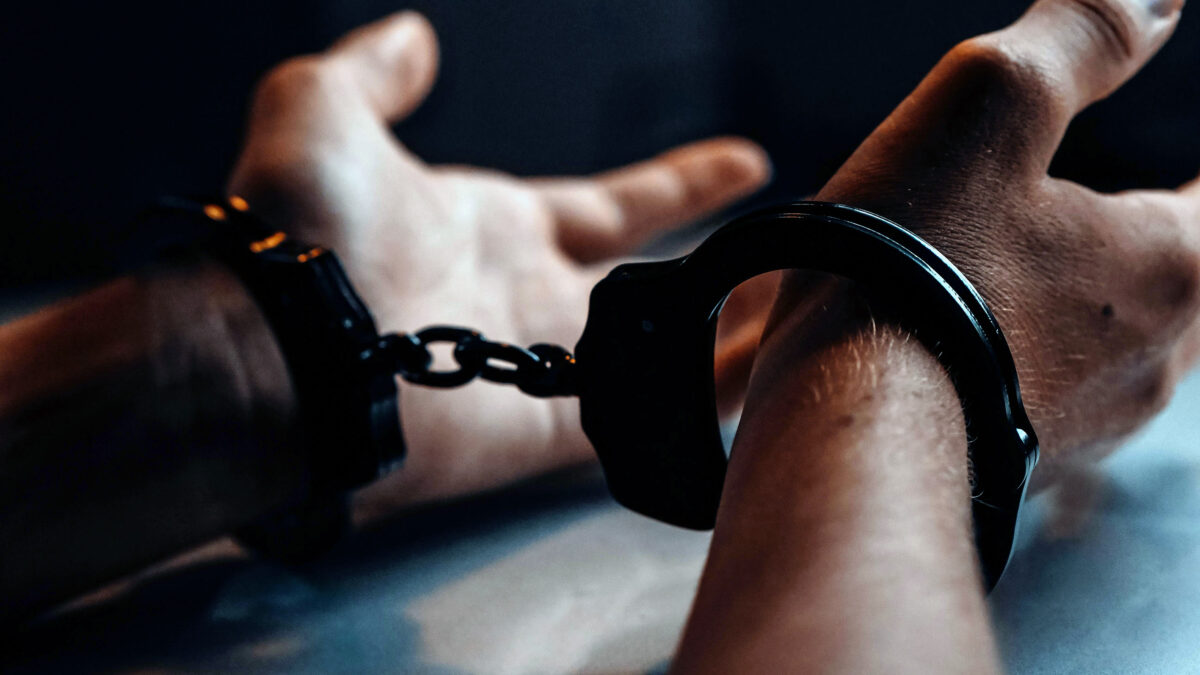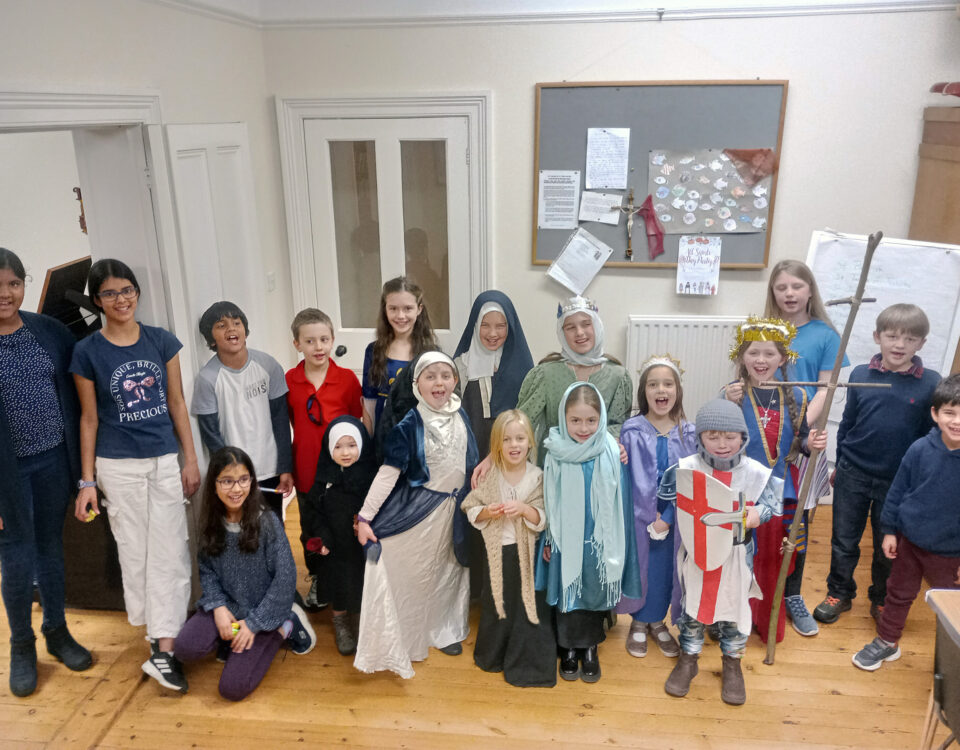
Restoration of OLEM Nears Completion
November 6, 2025
Deacon Matthew Reflects on Historic Royal Visit
November 7, 2025In October, a Modern Slavery Conference was held in Norwich. International speakers and two diocesan activists summarised what is going on right under our noses — hidden in plain sight — in East Anglia and throughout the UK. Summaries were displayed of more than 70 reported criminal cases of modern slavery within our Diocese.
The speakers were: Carol Metzker, M.S., from Pennsylvania, USA. She is the author of several books on the subject and a TEDx speaker. Carol outlined an all-too-common story of one child she had worked with, exhibiting footwear from different periods in the child’s early life.
The first was a pair of four-year-old’s sandals, worn as the child began to be sexually abused by a relative. The child did not talk about the abuse: it was a “secret”. The seven-year-old’s gumboots were worn as she began self-harming to block out her psychological pain. She wore trainers as she turned to drugs, hiding the layers of trauma she was suffering. Later, she wore sparkling shoes in her teens with the “boyfriend” who abused her. By young adulthood, she was reduced to tatty flip-flops while being controlled by sex traffickers. She was eventually hospitalised, her story was gradually revealed, and help and emotional support were finally found.
Andrew Wallis, OBE, CEO of Unseen, spoke about the difficulties facing those fighting modern slavery — including tackling the issue of cheap goods in a consumer-driven world. He highlighted that there are around 50 million victims worldwide and 130,000 in the UK. Global profits are estimated at US$500 billion, while the cost to the UK taxpayer is estimated to be around £60 billion. Unseen provides a helpful smartphone app and operates the national helpline number 08000 121 700.
Major Heather Grinsted, Deputy Director of the Anti-Trafficking and Modern Slavery Department of the Salvation Army, explained that the organisation holds the government contract for managing specialist support services for adult survivors of modern slavery in the UK. Around 300 adults per week are currently referred to that service. Additionally, up to 150 children are rescued each week. Heather endorsed Andrew’s remark that current policymakers appear to be making the problem more difficult to tackle at a time when the crime is growing like knotweed around the planet.
Karen Anstiss, a former Metropolitan Police officer, manages Caritas Bakhita House, a trafficking shelter in London. It receives and supports women who have been sexually abused and exploited, some for up to 19 hours a day. Karen described a ‘bridge of trust’ being gradually built with women who had come to trust no one. As she explained, the shelter “is a home where we are victim-centred, showing them dignity, respect and love in the way we walk beside and support them — a community they can call family. Bakhita House is a stepping stone to independence and a life of worth and dignity.”
Simon John, a volunteer with Anti-Slavery International, spoke about “Freedom Watcher” volunteers in East Anglia. He highlighted several criminal cases reported in regional media: organ trafficking; the forced criminality of dozens of girls made to steal like Oliver Twist; and one case involving a man who forced 60 people to work for little or no pay on Norfolk farms. Simon warned of the “Ghost of Slavery Future”, estimating that in just over a decade, we may find around one million enslaved souls in the UK if the recent surge in numbers continues.
Mark Little, MBE, Founder Chair of the Rotary Action Group Against Slavery, outlined his 25-year objective of raising awareness that millions are held captive and illegally forced to work for commercial gain — and of encouraging Rotarians and others to participate in projects that help to protect everyone from slavery and its consequences.
He described his first visit to a rehabilitation centre in India, where he met children who had been rescued from slavery. He outlined projects developed over the years by himself and other Rotarians, supported by his own club, the Rotary Club of Norwich St Edmund. In one project, a 20-seater coach was provided for a child trafficking shelter in Delhi. In 2009, Mark established the Rotary Action Group Against Slavery, which now has members in 66 countries.
A major theme of the conference echoed the Vatican’s appeal: that this issue involves everyone, and all Catholics should engage personally and proactively.




